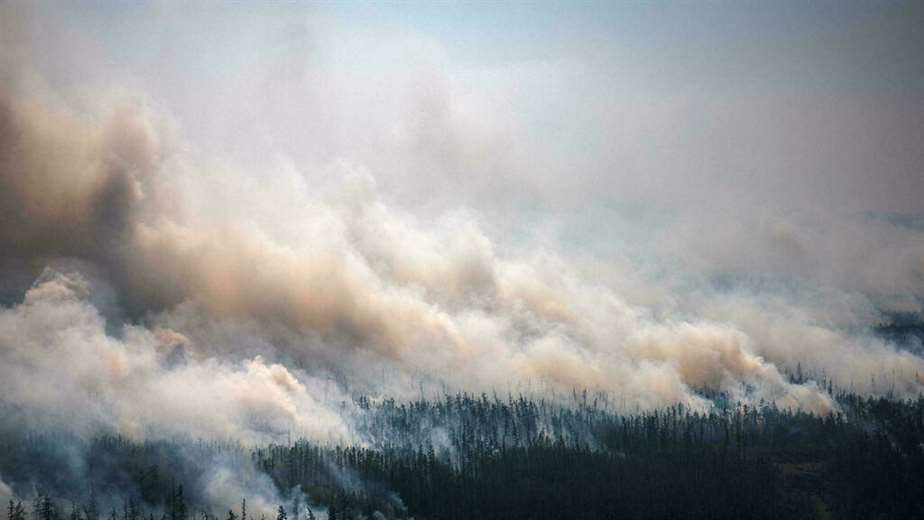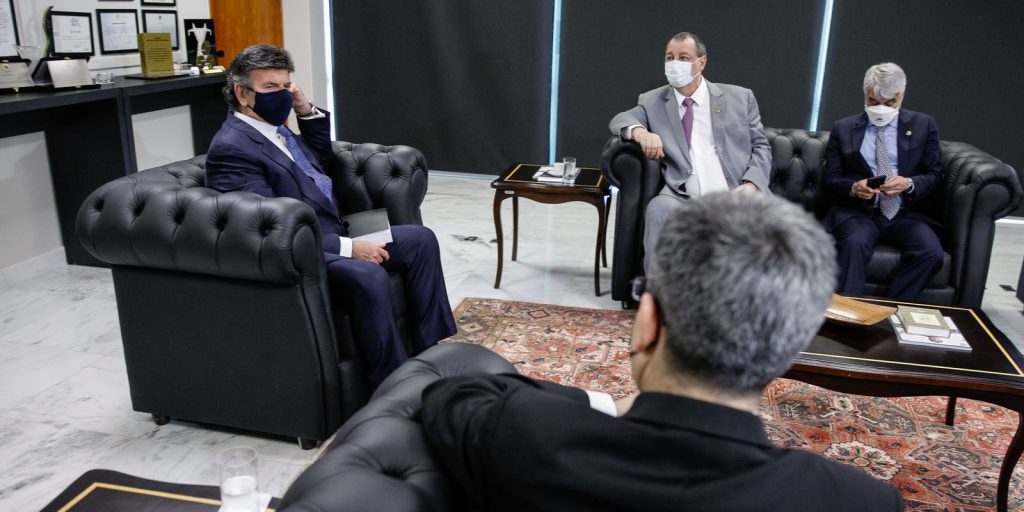Russian President Vladimir Putin will not be at COP26 opened in Glasgow. Russia, which is heavily reliant on fossil fuels, is the world’s fourth-most polluting country, and for a long time, the government viewed global warming primarily as an opportunity. But now the discourse is changing.
With Anissa El Jabri, RFI Moscow correspondent
For a long time, Vladimir Putin was classified as a “climate skeptic”; skeptical about the human origin of global warming and focused mainly on economic growth. “Who would really complain about a few degrees more?” The Russian president quipped a few years ago. The head of the Kremlin praised the opportunities offered by the thawing of the Arctic: the exploitation of gas, oil, mining products, the opening of new waterways.
A change under conditions
Meanwhile, the vast fires in Siberia and the thawing of permafrost have become a cause for concern, to the point that in mid-October, to everyone’s surprise, Vladimir Putin announced this goal: carbon neutrality for the country by 2060 at the latest. A real change, of course, but at his own pace and not at any price. .
Moscow remains on the warpath against the European carbon tax project on its borders, a plan perceived as anti-Russian in a country that is still heavily dependent on coal. Finally, on October 28, a Russian diplomat claimed that Western sanctions prevented Russian companies from participating in the energy transition.
Russian President Vladimir Putin will not be at COP26 opened in Glasgow. Russia, which is heavily reliant on fossil fuels, is the world’s fourth-most polluting country, and for a long time, the government viewed global warming primarily as an opportunity. But now the discourse is changing.
With Anissa El Jabri, RFI Moscow correspondent
For a long time, Vladimir Putin was classified as a “climate skeptic”; skeptical about the human origin of global warming and focused mainly on economic growth. “Who would really complain about a few degrees more?” The Russian president quipped a few years ago. The head of the Kremlin praised the opportunities offered by the thawing of the Arctic: the exploitation of gas, oil, mining products, the opening of new waterways.
A change under conditions
Meanwhile, the vast fires in Siberia and the thawing of permafrost have become a cause for concern, to the point that in mid-October, to everyone’s surprise, Vladimir Putin announced this goal: carbon neutrality for the country by 2060 at the latest. A real change, of course, but at his own pace and not at any price. .
Moscow remains on the warpath against the European carbon tax project on its borders, a plan perceived as anti-Russian in a country that is still heavily dependent on coal. Finally, on October 28, a Russian diplomat claimed that Western sanctions prevented Russian companies from participating in the energy transition.
;















